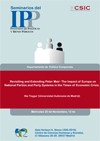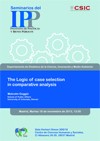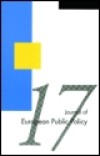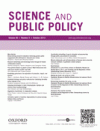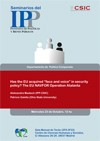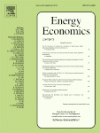Romo-Fernández L.M., Guerrero-Bote V.P. & Moya-Anegón F. (2013) Co-word based thematic analysis of renewable energy (1990–2010). Scientometrics 97(3): 743-765
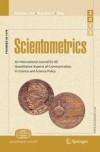
Abstract. This article describes an analysis of keywords which was aimed at revealing publication patterns in the field of renewable energy, including the temporal evolution of its different research lines over the last two decades. To this end, we first retrieved the records of the sample, then we processed the keywords to resolve their obvious problems of synonymy and to limit the study to those most used.



